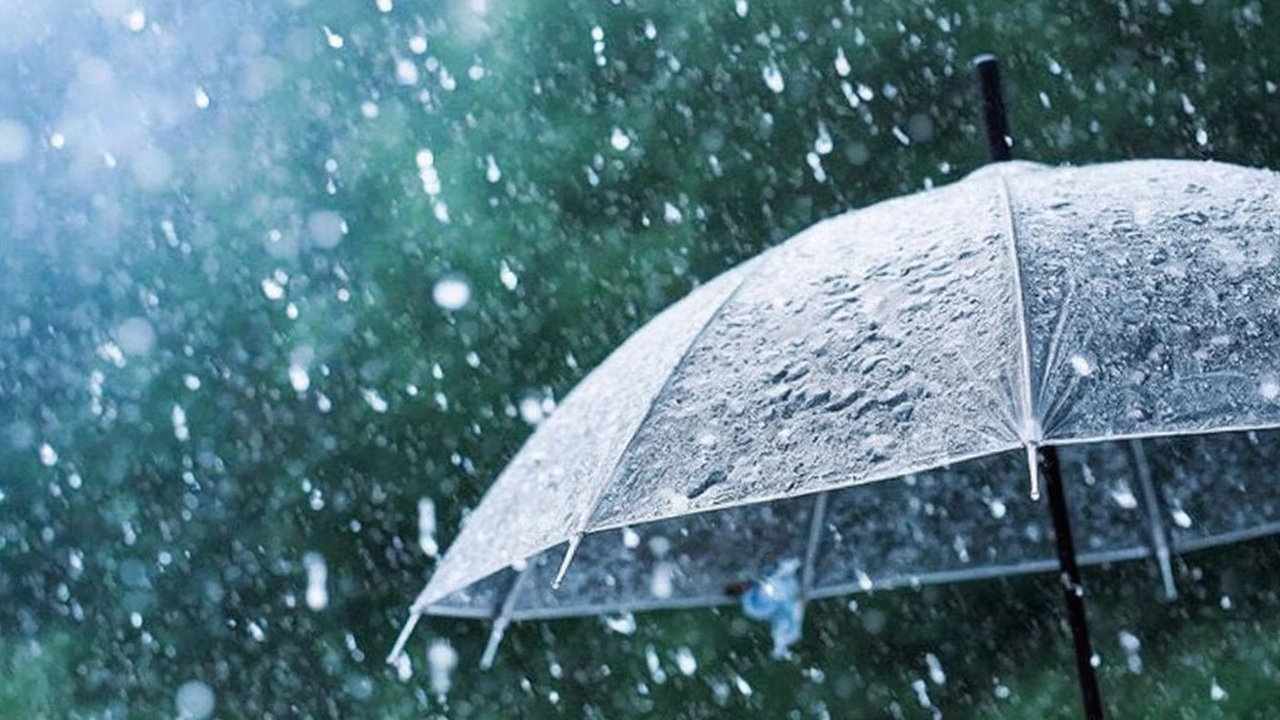UP Weather Updates – What’s Happening Right Now?
If you live in Uttar Pradesh or travel through the state, you’ve probably noticed the weather swinging from scorching heat to sudden downpours. The Indian Meteorological Department (IMD) has been issuing a mix of orange and red alerts across the region, especially in districts like Lucknow, Kanpur and the western belt. Below you’ll find the latest forecasts, the most common weather patterns this season, and a few easy steps to stay safe.
Current Monsoon Outlook for Uttar Pradesh
Right now, a low‑pressure system over the Bay of Bengal is pushing moist air into the Indo‑Gangetic plain. Expect temperatures between 27°C‑34°C in the day and a dip to 22°C‑25°C at night, with humidity hovering around 70%‑85%. The IMD predicts scattered to moderate showers for the next 48‑72 hours, with isolated heavy rain in the eastern districts of Gorakhpur and Varanasi. In the western part, especially around Agra and Aligarh, the rain will be lighter but more frequent.
Why does this matter? Heavy rain can flood low‑lying roads, cause traffic snarls in cities like Noida and Greater Noida, and make river levels rise quickly. If you’re planning a commute, keep an eye on real‑time traffic updates and consider leaving a bit earlier than usual.
Key Weather Alerts You Should Know
Below is a quick cheat‑sheet of the most recent alerts that affect UP:
- Orange Alert: Issued for districts of Lucknow, Kanpur and Allahabad due to expected 30‑50 mm of rain in 24 hours.
- Red Alert: Active for parts of western UP where rain intensity could reach 70‑100 mm, raising flood risk for rural roadways.
- Heat Wave Warning: Even with rain, temperatures can briefly climb above 38°C during dry spells, so stay hydrated.
When an alert is in place, the best move is to keep doors and windows closed if you’re indoors, avoid low‑lying areas and carry a small umbrella or raincoat when you head out.
Besides the immediate forecasts, keep an eye on the larger weather picture. The IMD often mentions that a Western Disturbance can bring cooler air and occasional drizzle to the northern parts of the state, especially after the monsoon tapers off in October. This can be a welcome relief after weeks of humidity.
For farmers, the key is timing. The current moisture level is ideal for sowing wheat in the upcoming Kharif‑Rabi transition, but be ready for sudden heavy downpours that could damage seedlings. Many local agricultural extensions recommend checking soil moisture daily and using raised beds if you’re in flood‑prone zones.
Travelers heading to tourist spots like the Taj Mahal should note that the best viewing times are early morning before the clouds build up. Late afternoon can bring gusty winds that affect visibility, especially near the Yamuna riverbanks.
Finally, a quick safety tip: if you hear a sudden rumble of thunder, move away from open fields, tall trees and metal structures. Lightning strikes are more common during the monsoon, and staying under a sturdy roof is the safest choice.
Stay updated, stay prepared, and enjoy the season—UP’s weather may be unpredictable, but with the right info you can handle it easily.
